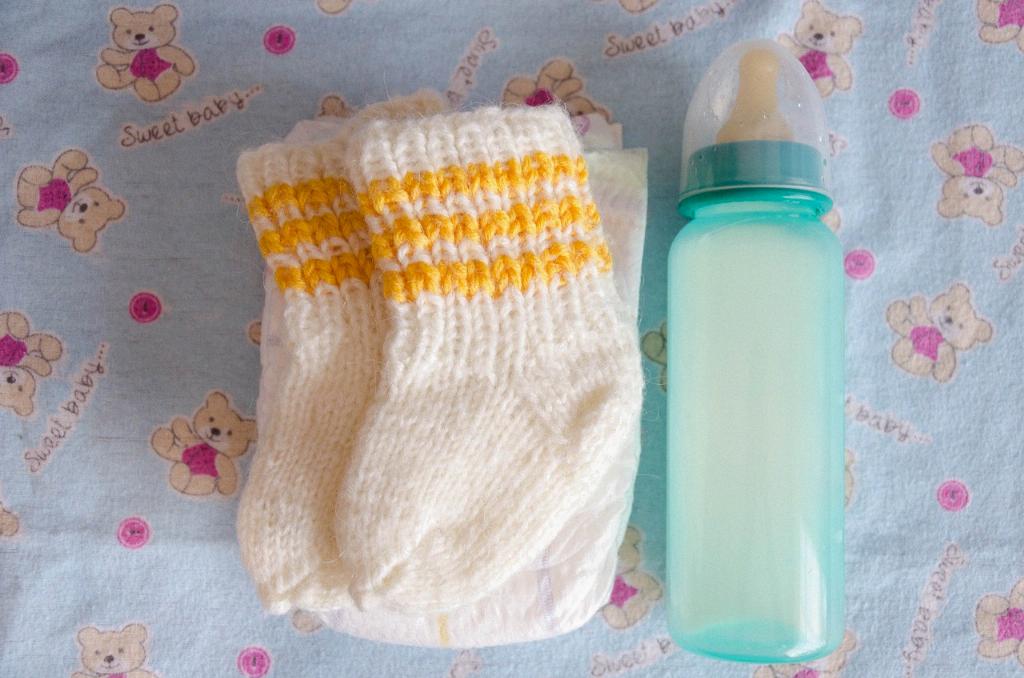When it comes to newborns, the frequency of poopy diapers can vary significantly from one baby to another. It is entirely normal for newborns to have different patterns in their bowel movements, so there is no one-size-fits-all answer to how many poopy diapers a day is normal for a newborn.
Factors Influencing Poop Frequency
Several factors can contribute to the frequency of your newborn’s bowel movements. One essential factor is how often your baby is feeding. Breastfed babies tend to have more frequent bowel movements compared to formula-fed babies. Additionally, your baby’s age, overall health, and individual digestive system can all play a role in how often they poop.
Normal Poop Frequency Range
On average, a newborn may have anywhere from 1 to 10 poopy diapers a day, with some babies even going a few days between bowel movements. For breastfed babies, it is common to have multiple poopy diapers a day, sometimes even after each feeding session. Formula-fed babies, on the other hand, may have fewer poopy diapers per day.
Types of Poop to Watch For
It is essential to pay attention to the consistency and color of your baby’s poop. Healthy newborn poop is typically soft, yellow, or green in color, and may resemble mustard seeds or cottage cheese. If you notice any changes in your baby’s poop, such as blood, mucus, or a significant change in color, it is crucial to consult your pediatrician.
When to Seek Medical Attention
While variations in the frequency of poopy diapers are common among newborns, there are some signs that may indicate a potential issue. If your baby is not having any poopy diapers within the first week of life, or if they are experiencing discomfort, excessive crying, or other concerning symptoms, it is best to contact your healthcare provider.
Establishing a Routine
As your baby grows and develops, you may notice changes in their poop frequency and consistency. Some babies may establish a more predictable poop routine, while others may continue to have irregular patterns. Pay attention to your baby’s cues and consult with your pediatrician if you have any concerns.
Diaper Changing Tips
When it comes to diaper changing, it is essential to maintain good hygiene practices to keep your baby clean and healthy. Always wash your hands before and after changing a diaper, use gentle baby wipes or a warm washcloth to clean your baby’s bottom, and apply a diaper cream to prevent diaper rash.
Monitoring Your Baby’s Growth
Along with keeping track of your baby’s poop frequency, it is crucial to monitor their overall growth and development. Regular pediatric check-ups can help ensure that your baby is hitting key milestones and thriving. If you have any concerns about your baby’s poop or general well-being, do not hesitate to reach out to your healthcare provider.
Parental Support and Resources
Being a new parent can bring about a range of emotions and challenges. It is essential to seek support from friends, family, or parent groups to navigate the ups and downs of caring for a newborn. Remember that every baby is unique, and what works for one may not work for another.
Conclusion
In conclusion, the frequency of poopy diapers for a newborn can vary widely and is influenced by multiple factors such as feeding method, age, and individual digestive system. While there is a broad range of what is considered normal, it is crucial to monitor your baby’s poop consistency and seek medical advice if you have any concerns about their bowel movements.

